Using pure composted manure for vegetable starts
guayzimi
13 years ago
Featured Answer
Comments (35)
keriann_lakegeneva
13 years agoRelated Professionals
Maple Valley Landscape Architects & Landscape Designers · Otsego Landscape Architects & Landscape Designers · Piqua Landscape Architects & Landscape Designers · Westwood Landscape Contractors · Waterbury Landscape Contractors · Braintree Landscape Contractors · Clayton Landscape Contractors · Goodlettsville Landscape Contractors · Hilo Landscape Contractors · National City Landscape Contractors · Conyers Carpenters · Kissimmee Carpenters · Baltimore Fence Contractors · Evanston Fence Contractors · Mount Pleasant Fence Contractorsoilpainter
13 years agomorz8 - Washington Coast
13 years agokeriann_lakegeneva
13 years agoguayzimi
13 years agokeriann_lakegeneva
13 years agoguayzimi
13 years agokeriann_lakegeneva
13 years agooilpainter
13 years agomelissalouisenoble_hotmail_com
12 years agofoolishpleasure
12 years agoshaddow_wolf169
11 years agooverdrive
10 years agowally_1936
10 years agodigdirt2
10 years agooverdrive
10 years agomori1
10 years agooverdrive
10 years agomori1
10 years agooverdrive
10 years agodigdirt2
10 years agomori1
10 years agojubilee131
7 years agodigdirt2
7 years agoLoneJack Zn 6a, KC
7 years agojubilee131
7 years agoLoneJack Zn 6a, KC
7 years agojubilee131
7 years agoLoneJack Zn 6a, KC
7 years agolast modified: 7 years agobuckeye_brian2
7 years agooverdrive
7 years agojubilee131
7 years agodalelyle54
6 years agolast modified: 6 years agoubro
6 years ago
Related Stories

GARDENING GUIDESThe Poop Scoop: Enrich Your Soil With Good Old Manure
Get over the ick factor already — this natural super-ingredient for soil has so many benefits, you'll wonder why you ever went chemical
Full Story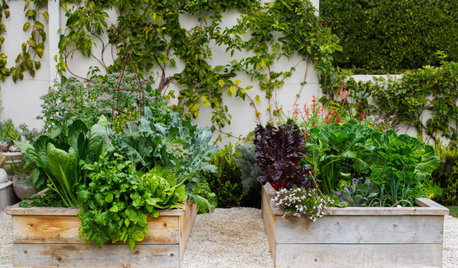
MOST POPULARHow to Start a Cool-Season Vegetable Garden
Late summer and late winter are good times to plan and plant cool-season crops like salad greens, spinach, beets, carrots and peas
Full Story
GARDENING GUIDESGet on a Composting Kick (Hello, Free Fertilizer!)
Quit shelling out for pricey substitutes that aren’t even as good. Here’s how to give your soil the best while lightening your trash load
Full Story
GARDENING GUIDESHow to Stop Worrying and Start Loving Clay Soil
Clay has many more benefits than you might imagine
Full Story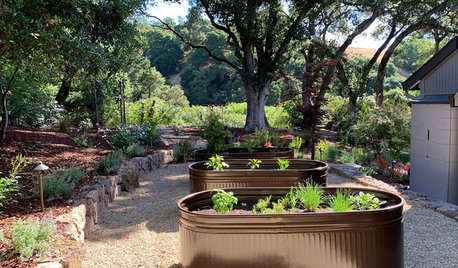
FARM YOUR YARD6 Things to Know Before You Start Growing Your Own Food
It takes time and practice, but growing edibles in the suburbs or city is possible with smart prep and patience
Full Story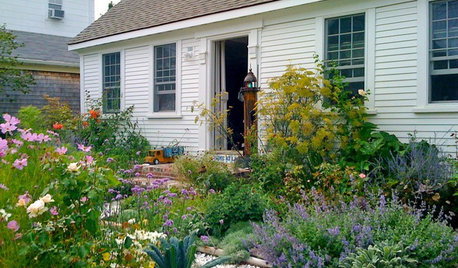
GARDENING GUIDESVegetables and Flowers Mix in Beautiful Edible Gardens
Ornamentals, meet your edible garden mates. We know you'll get along just beautifully
Full Story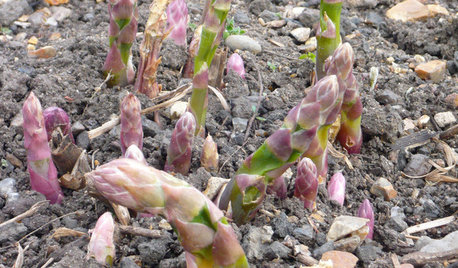
COOL-SEASON CROPSCool-Season Vegetables: How to Grow Asparagus
Patience pays off with this harbinger of spring that lasts for decades in the garden
Full Story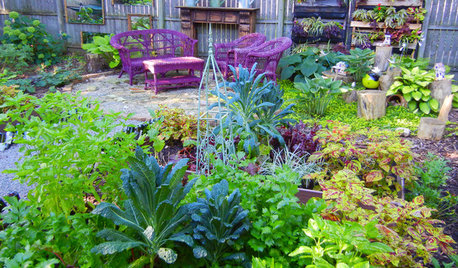
GARDENING GUIDESShades of Vegetable Gardens: Growing Edibles in Less Sun
See how one gardener produces a veritable feast of vegetables and herbs under a canopy of shade
Full Story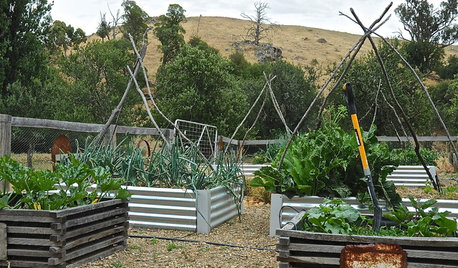
FARM YOUR YARD9 Ways to Change Up Your Vegetable Garden for the Coming Season
Try something new for edible plantings that are more productive than ever
Full Story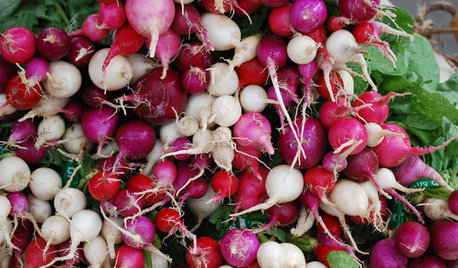
COOL-SEASON CROPSCool-Season Vegetables: How to Grow Radishes
Fast growing and bright, these easy-care veggies are great for kids and bring plentiful color to a fall or spring garden
Full StoryMore Discussions






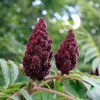
oilpainter